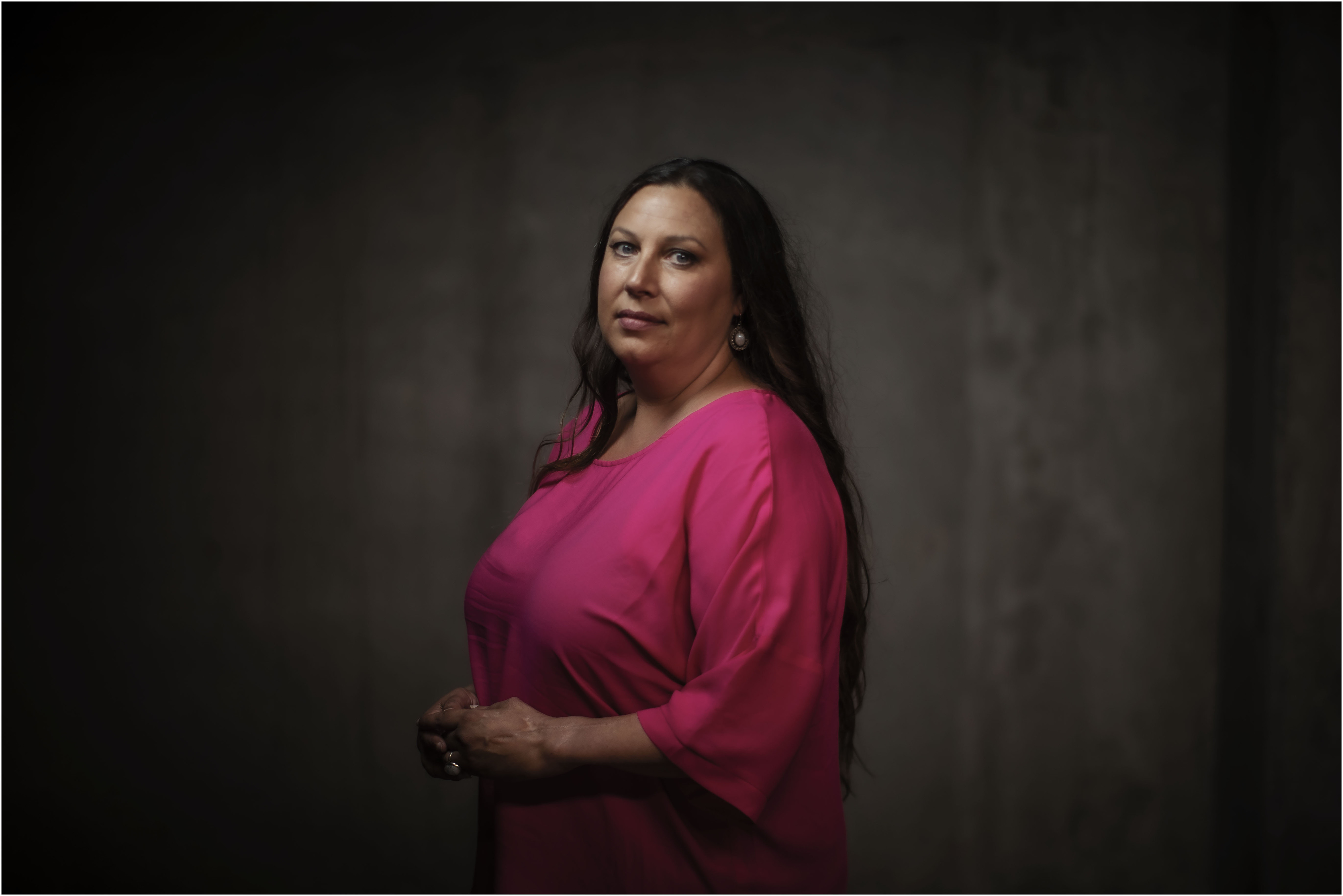What is family violence?
How family violence can be different for disabled people
Disabled people, just like everyone else, want relationships that are loving and respectful.
While disabled people can experience violence in the same ways as others, you may also experience violence related to your disability. For example, abuse could be coming from the people supporting you with your disability, like your partner, family or whānau, personal assistant or support staff.
This makes it hard to reach out for help, as the person abusing you might be someone you depend on for care and support.
It’s important that you feel safe in your relationships with other people and know how to identify and seek support if something is not right.
Know your rights
There are laws and other legal processes in place to protect your rights.
You have a right to:
- feel safe around people you know, and with those who support you
- have your needs met
- get support for abuse — you have the same rights as anyone else to access family violence services and should not be directed to a particular health or disability service instead unless you have chosen that option.
Your rights are protected under:
- the United Nations Convention on the Rights of Persons with Disabilities
- New Zealand’s anti-discrimination laws in the Human Rights Act 1993.
Tell someone
It's never ok to feel scared or hurt by the people close to you.
If you are experiencing family violence, try to find someone you trust who will:
- talk with you about what you want to do
- support you to find information that can help you to make choices that are right for you
- advocate for you to get the type of support that works for your needs.
Support services
If someone does not believe you when you tell them you’re getting abused or hurt, know that there are support services out there who will listen and believe you.
Support services understand that, as a disabled person, you may:
- be concerned about losing the support you need from your carer if you tell someone about the abuse
- need support to communicate what is happening to you, and that this may make you feel uncomfortable.
If you decide you need support, the following services will work with you to find solutions that are right for you.
Contact family violence professionals
Contact us through the chat window or call 0800 456 450 to speak with a trained professional about family violence.
The Personal Advocacy and Safeguarding Adult Trust (PASAT)
PASAT offers a range of services for adults with care and support needs in New Zealand. These services include support with:
- decision making
- advocacy
- health, safety, and wellbeing.
PASAT takes direction from and works together with adults experiencing harm, abuse, and neglect to improve their lives. For more information, see The Personal Advocacy and Safeguarding Adult Trust.
Whaikaha needs assessment services
Whaikaha Ministry for Disabled People provides needs assessment services that can help disabled people and disabled people’s whānau, family and support people to identify and access support across New Zealand. For more information see Whaikaha Needs assessment services.
For carers of a disabled person
Experiencing violence from a disabled person you are caring for
As a carer, you may experience violence and abuse from the person you’re caring for. Carers provide support for someone close to them who needs additional assistance with their everyday living because of a disability, health condition, illness or injury. Their disability may mean they’re unable to communicate easily or regulate their emotions.
You have a right to be safe.
Support for carers
If you feel unsafe while caring for someone, you may be able to receive support from the Safeguarding Adults From Abuse collective through PASAT.
Find more information on support for carers at the Carers New Zealand website or Whaikaha website.
Easy Read - Say No to Abuse
Information on family violence in an accessible, easy to read format








